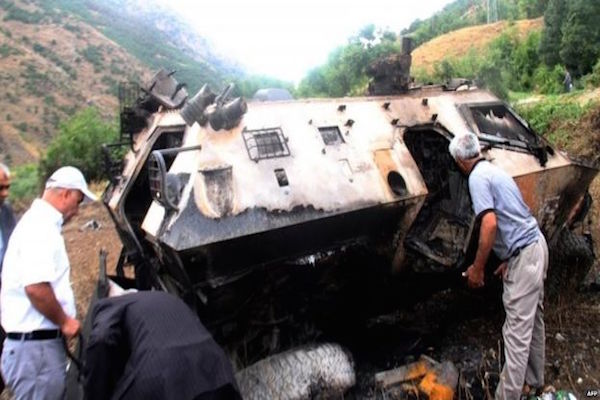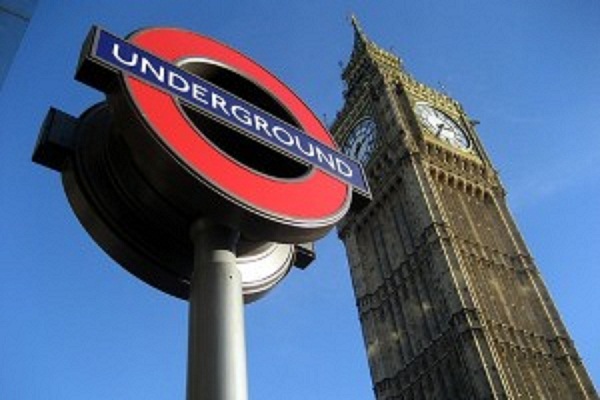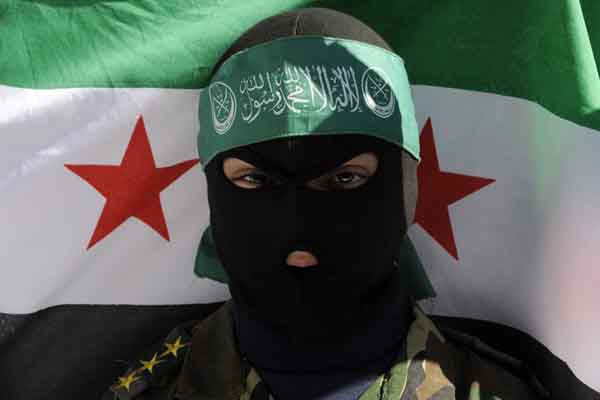Turkey’s IMF debt was $4 billion and the total external debt was $119 billion in 2000 as the external debt reached $340 billion by the end of April 2013. The private sector owed $226 billion last year, which is two-thirds of the total foreign debt. Turkey will wipe off its International Monetary Fund (IMF) debt this month by paying its last installment. Turkey will also be one of the countries which contribute financially to the IMF with a $5 billion contribution. Turkish Prime Minister Recep Tayyip Erdoğan mentions such developments with pride. The relations with the IMF, however, are only a small portion of the big picture. The actual foreign debt portrait that also contains the IMF debts is quite different. Turkey’s debt to the IMF is a very small portion of the total public debt. The IMF debt was $4 billion, while the total external debt was $119 billion in 2000. Two-thirds of the debt was public debt. At the beginning of the 2000s, high inflation was the biggest issue in the Turkish economy. What the IMF had suggested, the prescription of taming the inflation by fixing the exchange rate, was applied but in vain. At the end of 2000 the fixed exchange rate boosted imports, consequently the current account deficit; foreign investors ran away, the American dollar went up and so did inflation following it. Thus, the 2001 economic crisis erupted. Kemal Derviş, Ph.D., was brought from the United States to steer the economy in his capacity as the deputy prime minister.
Derviş and the IMF joined hands. The IMF opened the credit taps to overcome the crisis but prescribed the bitterest pill to Turkey ever in history. It tamed the Treasury with “fiscal discipline,” eliminated bankrupt banks and tamed the system. It cleared the road for privatizations, etc. With the credits it gave, its total credits reached $24 billion. This corresponded to 17 percent of Turkey’s total debt of $130 billion in 2002.
The outcome of the IMF pill came after 2002. The IMF prescription, however, shook people. That was brought to account at the ballot box in the Nov. 3, 2002 elections. The coalition parties – Democratic Left Party (DSP), Motherland Party (ANAP) and Nationalist Movement Party (MHP) – could not even pass the election threshold. The Justice and Development Party (AKP) found itself in the position of being able to form the government alone. The party also found a recovered economy in its lap. From the road the IMF had opened, foreign credits flowed in streams. The economy grew with the foreign credit that started flowing in the AKP era; tax and privatization incomes increased; and the IMF debt started being paid with these. Meanwhile the public sector and especially the private sector borrowed swiftly from markets and the economic wheels were turned with this loan.
Turkey's IMF debt to be paid off
Turkey owed $4 billion to the IMF in 2000 that was a small amount in Turkey’s $119 billion
11 Mayıs 2013 Cumartesi 10:18
reads.
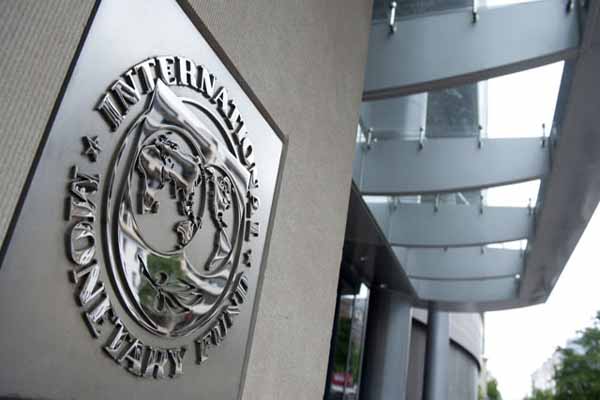



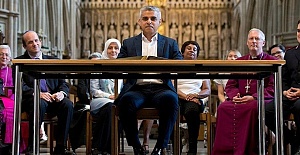 The candidates vying to be the next London mayor
The candidates vying to be the next London mayor Enfield Council commits to anti-racism and diversity pledge
Enfield Council commits to anti-racism and diversity pledge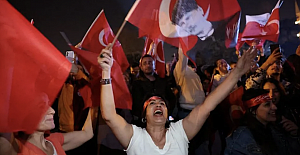 President Erdogan promised supporters his party would learn its lessons from the defeat
President Erdogan promised supporters his party would learn its lessons from the defeat Mayor of London and London Assembly elections
Mayor of London and London Assembly elections Off duty Police sergeant Eren Emin catch suspected thief while on stag do
Off duty Police sergeant Eren Emin catch suspected thief while on stag do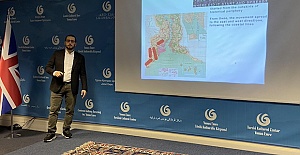 A Century of Urban Transformation, Istanbul’s Evolution
A Century of Urban Transformation, Istanbul’s Evolution Future Painters Exhibition at Tottenham Hotspur Stadium
Future Painters Exhibition at Tottenham Hotspur Stadium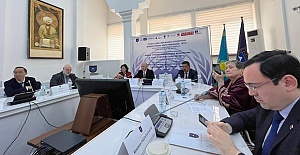 Models of Teaching International Journalism for Sustainable Development
Models of Teaching International Journalism for Sustainable Development English Premier League leaders Arsenal will visit title contenders
English Premier League leaders Arsenal will visit title contenders Liverpool meet Atalanta and West Ham face Bayer Leverkusen
Liverpool meet Atalanta and West Ham face Bayer Leverkusen Arsenal face Bayern Munich and Manchester City play Real Madrid
Arsenal face Bayern Munich and Manchester City play Real Madrid UK Transfer deadline day, the transfer window closes tonight
UK Transfer deadline day, the transfer window closes tonight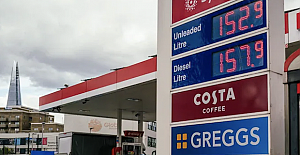 Petrol prices on UK forecourts hit 150p a litre
Petrol prices on UK forecourts hit 150p a litre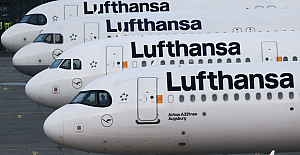 Europe's travel strikes: Flight and train disruption you can expect in April
Europe's travel strikes: Flight and train disruption you can expect in April Enfield Council website achieves digital inclusion recognition
Enfield Council website achieves digital inclusion recognition Enfield Council’s Planning Enforcement team goes from strength to strength
Enfield Council’s Planning Enforcement team goes from strength to strength




